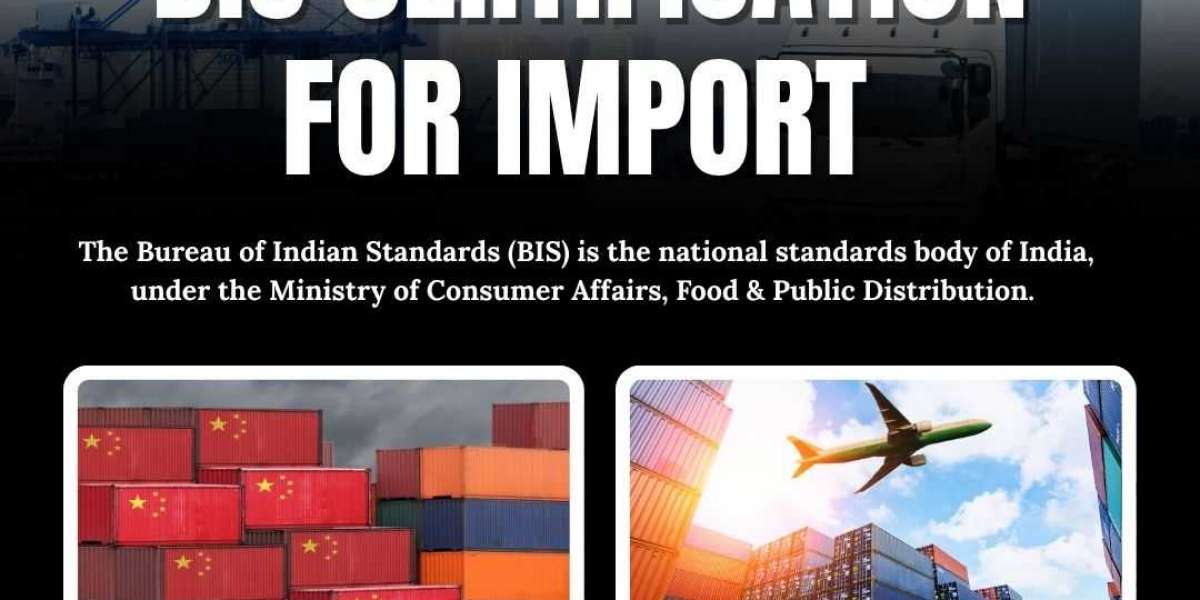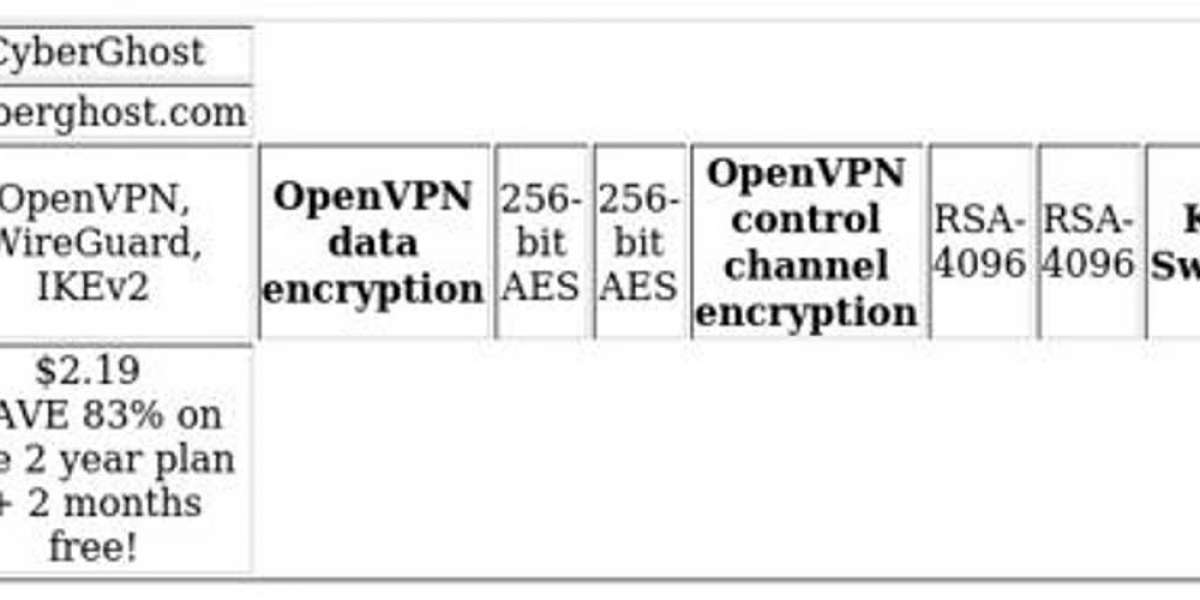Introduction
In an era defined by increasing globalization and cross‑border trade, ensuring that imported goods meet India’s rigorous quality and safety standards is more critical than ever. The Bureau of Indian Standards (BIS) has emerged as the cornerstone of this effort. Through its mandatory certification regimes—including the ISI mark and the Compulsory Registration Scheme (CRS) —BIS guarantees that products entering India conform to well‑established national standards.
Import certification is not just a bureaucratic requirement—it’s a badge of authenticity and consumer trust. Whether you’re importing electronics, machinery, construction materials, or chemicals, understanding and navigating BIS Certificate for Import is essential for successful market entry, legal compliance, and brand credibility.
1. What is BIS Certification for Imported Products?
BIS certification for imports is a regulatory scheme that authorizes foreign manufacturers, importers, or Authorized Indian Representatives (AIRs) to affix recognised standard marks on products they ship to India. These include:
- ISI Mark: Used for items such as cement, steel, and electrical appliances.
- CRS Mark: Mandatory for over 79 categories of electronic and IT goods—from mobile chargers to set‑top boxes—under the BIS Compulsory Registration Scheme launched in 2012 By carrying these marks, products signal full compliance with India's national safety and performance criteria.
2. Why BIS Certification Matters for Imports
? Legal Compliance
Non‑compliance with mandatory BIS requirements can lead to rejection at Indian customs, hefty fines, or forced recalls. Certification ensures smooth entry and reduces regulatory risk.
? Consumer Confidence
Products bearing ISI or CRS marks are perceived as safe, high-quality, and trustworthy. In a market crowded with foreign goods, certification gives your brand a distinct assurance of reliability.
? Competitive Advantage
Indian law mandates BIS certification for several product categories—thus, certified items gain a leg up when vying for government contracts or competing with uncertified imports.
3. BIS Certification Schemes for Imports
?️ Foreign Manufacturers Certification Scheme (FMCS)
Applicable to non‑electronic goods, FMCS enables foreign producers to obtain ISI certification for their exports to India. While the product is manufactured overseas, BIS certification allows the ISI mark to be applied upon import EVTL India. A crucial part of FMCS is appointing an Authorized Indian Representative (AIR)—a legal entity in India responsible for certification compliance, correspondence with BIS, and market surveillance .
? Compulsory Registration Scheme (CRS)
Enforced since 2012, CRS covers electronics and IT hardware. Importers or foreign manufacturers must get products tested in BIS-approved labs, issue a self-declaration, and register each model to obtain a unique CRS number.
4. Typical Steps to Get BIS Certification for Imports
1. Identify the Scheme
Determine whether your product falls under FMCS (ISI) or CRS, based on category.
2. Appoint an AIR (for foreign manufacturers under FMCS)
The AIR must be a resident of India—this can be a branch office, distributor, or third‑party consultant.
3. Prepare Documentation
Compile essential documents including:
- Business registration certificates
- Trademark details
- Technical specifications, designs, and bills of materials
- Product test reports from accredited labs
For CRS, tests must come from BIS-recognised labs.
4. Apply to BIS
Submit the application electronically, uploading all required documents and test reports.
5. Product Sample Testing
BIS or BIS-recognised labs perform quality and safety testing. For CRS, reports must already be attached.
6. Audit (FMCS only)
BIS inspects the foreign manufacturing facility (directly or via FM), checking production consistency and quality systems.
7. Grant of License/Registration
If no issues are flagged, BIS issues the license (ISI) or CRS registration number—empowering use of standard marks.
8. Marking Ongoing Compliance
Once approved, apply the mark on packaging or product labels. Products are subject to periodic surveillance audits by BIS to reaffirm compliance.
5. Key Documents Required
- Business registration or import license
- Air appointment letter (if applicable)
- Product technical specifications
- Manufacturing process flowchart
- Machinery and equipment list
- Testing reports from accredited labs
- Trademark details
- Certification application forms
6. Cost Considerations
The overall cost of BIS certification varies depending on:
- Product complexity and number of models
- Testing fees charged by labs
- BIS application and audit charges
- Consultancy or AIR fees (if using a third-party)
While the expense is unavoidable for mandatory categories, the price delivers legal access, brand safety, and consumer trust.
7. Role of the Authorized Indian Representative (AIR)
For FMCS‐regulated products, having a reliable AIR is mandatory. The AIR acts as the local interface with BIS, handling submissions, audits, compliance updates, and product surveillance. Options include:
- A branch or liaison office
- Trademark owner in India
- A compliance consultancy firm
- Choosing the right AIR ensures streamlined coordination and adherence to BIS demands.
8. Penalties for Non‑Compliance
Failure to obtain BIS certification or misuse of standard marks can attract:
- Customs detainment or rejection
- Fines or legal actions
- Mandatory market recalls
- Harm to brand reputation
Thus, abiding by BIS norms is both legally mandated and commercially strategic.
9. Partnering for Success: Consultants like EVTL India
Navigating BIS for imports can be daunting. Professionals like EVTL India can simplify the process:
- Appoint and manage AIR
- Liaise with BIS authorities
- Arrange accredited product testing
- Facilitate foreign factory audits
- Guide documentation and compliance post‑grant
With end‑to‑end support, foreign exporters and importers can enter India efficiently and confidently.
✅ Conclusion
In today's competitive import landscape, BIS certification is key to legal compliance, product safety, and marketplace credibility in India. Whether under FMCS or CRS, achieving BIS approval empowers global brands with trust, access, and market advantage.
By preparing thoroughly, appointing qualified AIRs, and possibly engaging experienced consultants like EVTL India, the path to BIS Import Consultant becomes smoother and more predictable. If you’re planning to ship products to India, start early, stay informed—and let BIS certification be the quality mark that seals your success.








